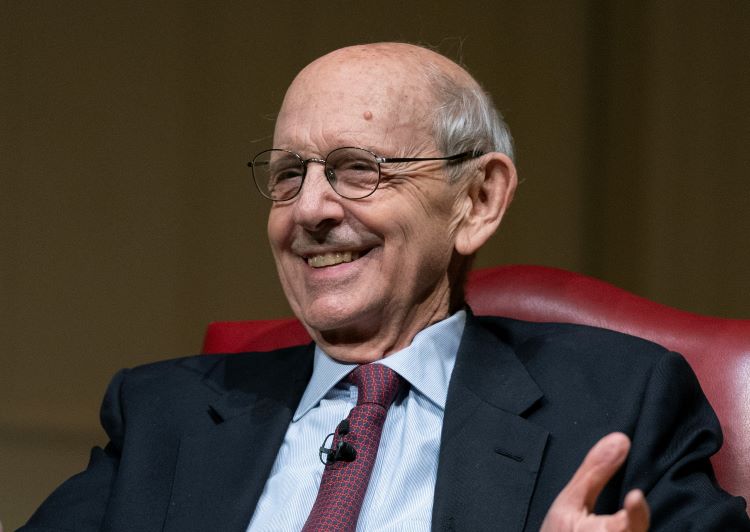Lingering Questions Surround Death Penalty Representation
An ACLU lawyer tells the New York Times that the problem with the death penalty is not the method of execution, but rather “poor people getting lousy lawyers.”
The ACLU Capital Punishment Project represented North Carolina inmate Levon Jones, the third death row inmate in the state to win his freedom in the last six months. John Holdridge, director of the project, said the case raises questions about the fairness of the death penalty.
“All these states are gearing up to start executing people again, and nobody seems to be concerned about these systemic problems,” Holdridge told the newspaper. Last night, Georgia executed William Earl Lynd, the first inmate put to death since the U.S. Supreme Court upheld a widely used lethal injection method.
In the North Carolina cases, appeals courts found prosecutors withheld exculpatory evidence. In two of the cases, including Jones’ case, the courts said defense lawyers failed to provide an adequate defense.
Robin Maher, director of the ABA’s Death Penalty Representation Project, agreed with Holdridge’s assessment of death penalty lawyering. “We are seeing the same kinds of egregiously bad lawyering that we saw 10 or 15 years ago, for a variety of reasons, including inadequate funding,” she said.
The ABA recommends statewide capital-defense systems, but only about 10 of 36 states with the death penalty follow that practice. North Carolina eventually adopted a statewide system, after the convictions of the three inmates recently freed. It also allows defense lawyers working on appeals to review all investigative files.



